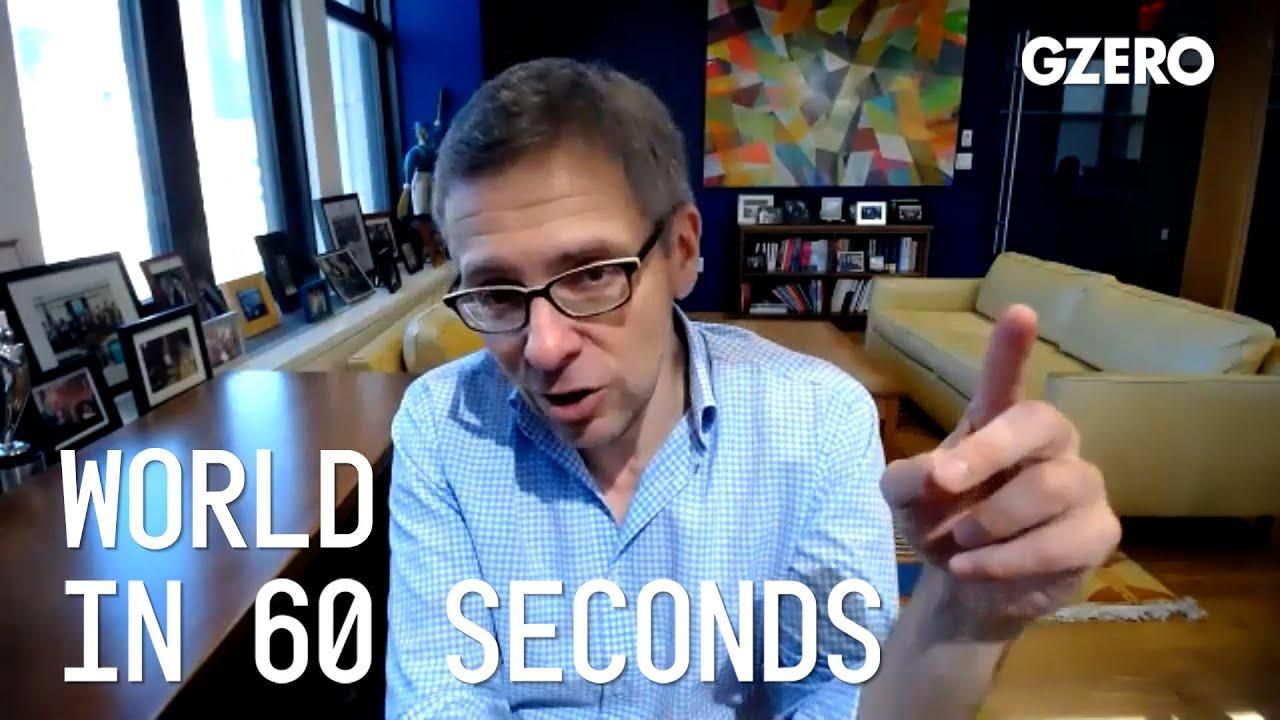Ian Bremmer discusses Israel's election, the EU-China tensions over sanctions, and Putin's jab on this edition of World In 60 Seconds.
Will Israel's fourth election in two years finally provide the country stability?
Well, I mean, to be fair, the country is actually stable. Seven million people rolling out vaccines faster than any other country around the world. I mean, you know, life is relatively normal unless you're in the occupied territories as a Palestinian. But the politics are indeed problematic. It is very close, indeed. It is conceivable that Netanyahu will be able, by the skin of his teeth, to put together a very, very right-wing coalition, that could threaten democracy. It's also conceivable that no one can put together a coalition, it depends on small parties, in which case you could have a fifth election in two years. Yes, that could easily happen. There you go.
What will come from new EU and US sanctions on China?
Well, the Europeans are saying that unless the Chinese actually pull back on the sanctions against European MEPs, which they did in response to the US, the EU, the UK, and Canada, all putting sanctions on Chinese officials in response to treatment of the Uighurs - they really didn't like that - that the EU-China investment deal wouldn't get ratified. Macron really wants this to get done. Merkel really wants this to get done. There is some uncertainty, of course, in Germany, depending on what happens after Merkel and the government. On balance, I would argue that this investment relationship still ends up happening and the US and the EU have very different perspectives on China, but still overall a hardening of positions towards each other across the board, on the western side and on the Chinese side.
Finally, Putin is finally getting vaccinated. What took so long?
It is a little surprising. And he did not get vaccinated on television. We have to take his word for it. His daughter got vaccinated with Sputnik V very early. Maybe he wanted to make sure she didn't grow a second head or anything. I don't know. Look, I'm a little surprised because, I mean, Sputnik V has been peer reviewed. It's a worthwhile vaccine. It's being exported and it's quite effective. So, I mean, I would have thought that Putin would want to show some patriotism. But, you know, maybe he's skittish about needles. I literally, I find it kind of strange. And with Russia, at the end of the day, you'll never find out, you don't want to be in a position to.
